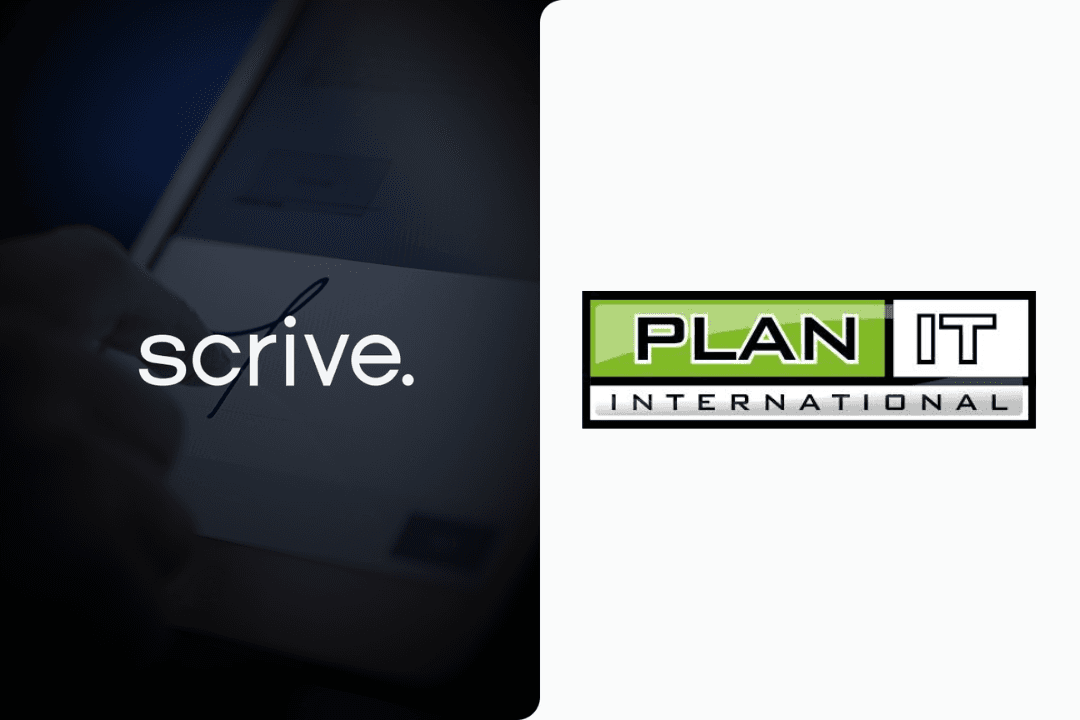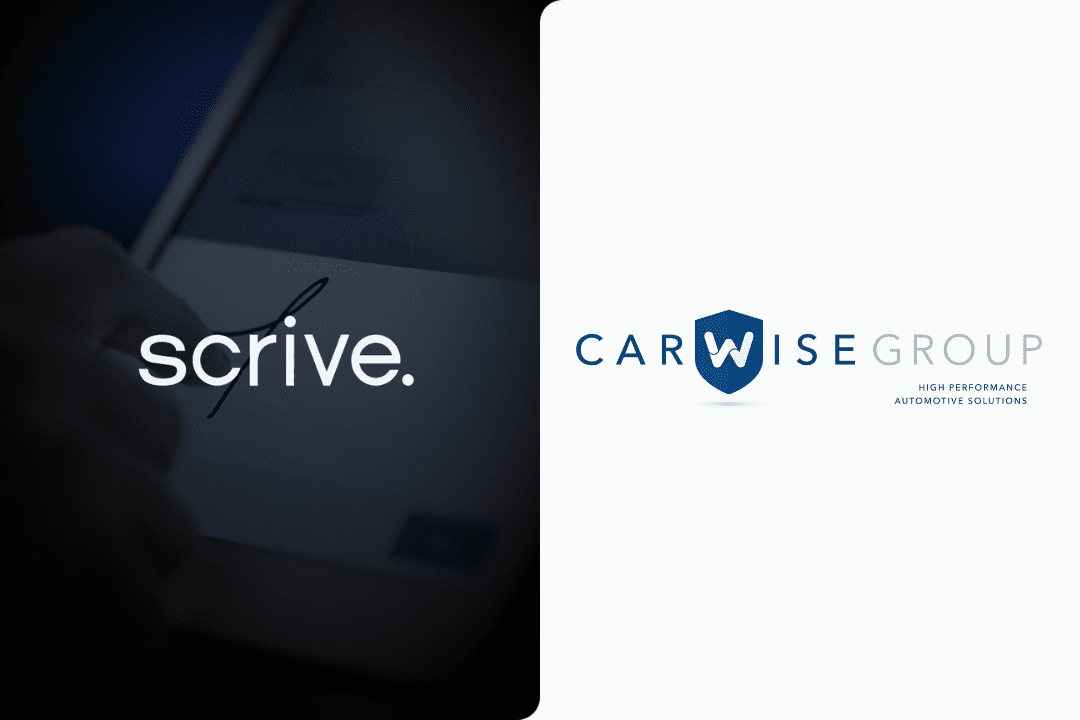
Plan-IT and Scrive partner to offer digital signing of replacement vehicle agreements
Plan-IT and Scrive have announced an exciting new partnership aimed at helping automotive workshops streamline their administrative processes.
Read article
Although loud voices in the auto world have long lamented the industry lagging behind from a technical perspective, with only a few outliers at the frontline innovating while the rest stick to what has always worked, more and more dealers, rentals and manufacturers are realising that “what always worked” may have run its course.
A steady push for phasing out fossil fuels, self-driving cars and a growing demand for alternative models of car ownership are among the topics that have been cropping up regularly in the past few years but these are far from the only ones.
Between leasing, ride sharing services, subscriptions and short term rentals, we’re seeing swathes of consumers drawn to exploring other options than outright buying a vehicle. In order to enable this, a number of different technologies have been deployed.
As an example of this, Scrive has helped a number of car dealers, rentals and financiers digitalise their processes using electronic signatures and eID verification.
In case you haven’t considered what role e-signatures could play within the world of automotive sales, rentals or financing, read on and let us know if you have any further questions.
Starting with the basics, electronic signatures have several advantages over traditional paper-based signatures. They are faster, more secure, and provide a more efficient way of signing documents. With electronic signatures, there is no need to print, sign, and then mail or courier a document to the other party. The entire process can be completed in just a few clicks, saving time and reducing the risk of errors.
Another benefit of electronic signatures is that they are more secure than traditional signatures. Digital signatures use encryption technology to protect, or seal, the signature and the document, making it more difficult for fraudsters to alter the document or steal the signature. This security feature provides peace of mind to both parties involved in the signing process, as they can be sure that the document is authentic, hasn’t been tampered with and that the signature belongs to the correct person.
In the automotive industry, electronic signatures are especially useful for signing contracts and agreements between manufacturers, suppliers, dealers, and customers. For example, dealers can use electronic signatures to quickly sign purchase orders and invoices, speeding up the supply chain process and reducing the risk of errors. Customers can also use electronic signatures to sign financing or lease agreements, saving time and making the process more convenient. Add any kind of identity verification into this process, e.g. using an eID, and you’ve got an extra layer of security with minimal hassle.
The use of electronic signatures is just one example of the technological innovation taking place in the automotive industry. Other advancements, such as autonomous vehicles, electric vehicles, and connected cars, are also transforming the industry and changing the way people think about transportation.
In conclusion, the adoption of electronic signatures in the automotive industry is a significant step forward in terms of efficiency, security, and convenience. This technology is providing a more streamlined process for signing contracts and agreements, saving time and reducing the risk of errors. As technology continues to evolve, it is likely that we will see even more innovative solutions that will shape the future of the automotive industry.
(This blog post was guest written by Salim Sayed)

Plan-IT and Scrive have announced an exciting new partnership aimed at helping automotive workshops streamline their administrative processes.
Read article
The automotive industry thrives on precision, speed, and customer trust. Yet, paper forms remain a bottleneck. They’re slow, prone to errors, and increasingly risky with GDPR tightening the rules.
Read article
Combine Scrive’s e-sign and ID verification technology with CarWise’s expertise in the world of mobility software, providing automation and streamlined processes for rental and leasing. It focuses on streamlining document workflows, reducing costs, and elevating customer experiences by enabling e-signing in RentWise and LeaseWise.
Read article